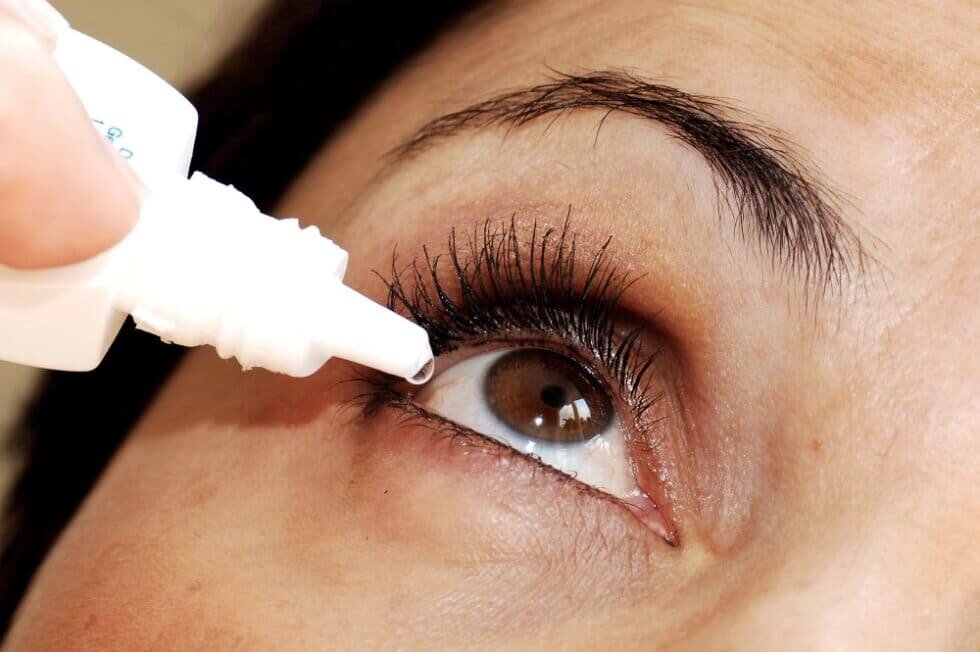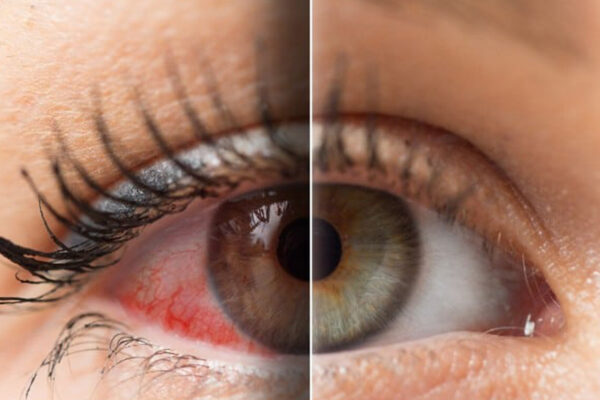Are Dry Eyes Bothering You? Here are 5 Ways to Help
As pivotal tools that humans depend on to survive and enjoy life, our eyes play a role in many of life’s activities that we often take for granted or fail to acknowledge. Our eyes allow us to see the beauty around us. They allow us to clearly discern what is going on so we can make critical decisions and take action. Indeed, vision is one of the most important senses we have. The inability to see is thus a significant impairment.
Dry eyes aren’t just annoying to deal with – they inhibit your ability to enjoy and experience life to its fullest. In this regard, it’s important to know what dry eyes are, the most common causes of dry eyes, and the steps you can take to keep your eyes protected.
Common Causes of Dry Eye
Dry eye disease is a prevalent illness that occurs when your tears aren’t as sufficient in lubricating your eyes as they should be. It’s often characterized by burning, sensitive and itchy feelings around the eyes, and can be extremely cumbersome to daily living as a result. Dry eyes can also develop into a more serious problem in some cases, leading to inflammation that can create corneal ulcers, abrasion of the corneal surface, and vision loss.
While dry eye can be characterized as the eye’s inability to properly lubricate itself, this problem can be caused by several factors. The most common causes of dry eyes are:
Age – Dry eye is a common problem among people over age 50. This is due to the natural degeneration of tear glands as we age, which decreases tear production and can make tears evaporate too quickly.
Certain medical conditions – Individuals who suffer from thyroid eye disease, Sjogren’s syndrome, and allergic eye disease are also vulnerable to dry eyes.
Medications – Dry eye can be brought on by medications like antihistamines, diuretics (water pills), antidepressants, blood pressure medications (beta-blockers), and drugs used to treat ulcers, cancer, or heart problems.
Environmental factors – Smoke, smog, and other forms of air pollution can irritate the eyes and cause dryness. Workplace pollutants, wind, or even spending too much time in front of a computer screen also may increase your risk for dry eye.

Symptoms Of Dry Eyes
People with dry eyes often experience a scratchy or sandy feeling in their eyes, along with a foreign body sensation. Others may feel as if they have grit in their eyes, especially after exposure to wind or smoke. People with severe cases of dry eye also report burning and stinging sensations, along with the need to blink more frequently to moisten the eyes.
People with dry eyes may experience:
- Irritated, scratchy, gritty, or burning sensations
- A feeling of something in the eyes
- Excess watering
- Blurred vision
- Redness
- Stinging
5 Tips You Can Use to Get Relief
No one wants to be in crisis with their eyes on a day-to-day basis. While the symptoms of dry eye can be tough, they can also be manageable with the application of the right mitigatory measures.
Use Eye Drops
Artificial tears can be used to alleviate dry eye symptoms. They assist to moisturize and replace any moisture you lose during the day. If your eyes aren’t hydrated enough, you might want to consider using eye drops. Visit your eye doctor for suggestions on the type of artificial tears that are best for you.
Be Mindful of Your Screen Time
The screens found on the technology we use can be detrimental to eye health, with the potential to cause serious strain and agitation if exposed for long periods. If you frequent a computer screen, try taking regular breaks from looking at them, and avoid staring for long periods when seeking to reduce symptoms of dry eye.
Drink More Water
When it comes to keeping your body hydrated, many people forget about the utmost importance of drinking enough water to keep their bodies moistened. This is a particularly important practice in combating dry eye symptoms, as dehydration can lead to increased irritation.
Clean Your Eyelids
Wearing eye makeup holds the potential to severely dry out your eyes and even clog your tear ducts if not cleaned properly. For this reason, it’s essential to use an eye-safe makeup remover after wearing the product on or around your eyes. This is also something that those who don’t wear makeup can benefit from, as cleaning your eyes, in general, can serve as a great way to reduce symptoms of irritation.
Get Enough Sleep
A great way to diminish your symptoms of dry eye is by getting enough sleep. Sleep is a necessary element in keeping your body hydrated and healthy, and likewise plays a major part in your eyes’ overall wellbeing. It’s important that you get enough breaks for them to recover from strain and that they are given the opportunity they need every night to relax and recuperate.

Preventing Dry Eye
The best way to go about preventing dry eye and its symptoms is by seeking to limit your exposure to its agitators. In this way, it’s important to be mindful of what you expose your eyes to and to take measures to support them from any adversity. This can include giving your eyes a break after strenuous tasks, being aware of your environment and air quality, as well as supporting your eye health through the use of lubricants and other tools when necessary.
Dry eye is a very common problem that many people experience to some degree. While it can be minor and intermittent, the symptoms of dry eye can also become quite uncomfortable and exacerbate existing conditions. Luckily, there are plenty of ways you can reduce your risk for its development through the use of simple mitigation techniques. If you have dry eyes bothering you, then be sure to schedule an appointment with Dr. Seim by calling our office or filling out our online contact form.


